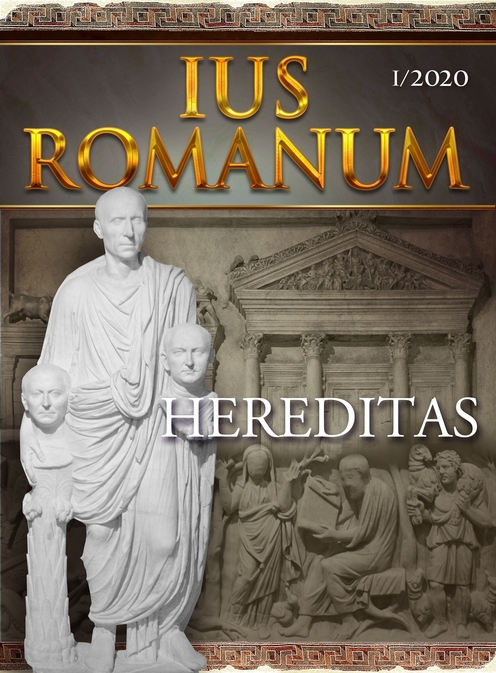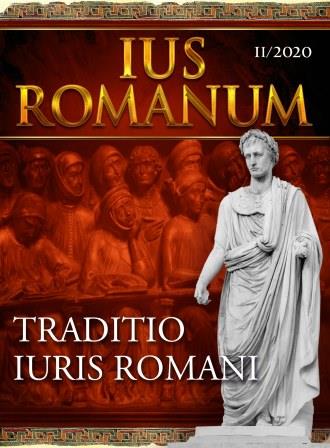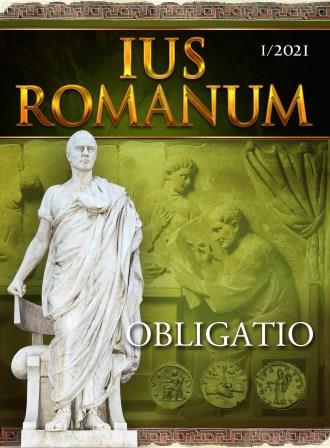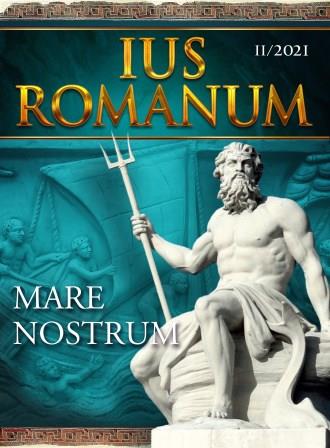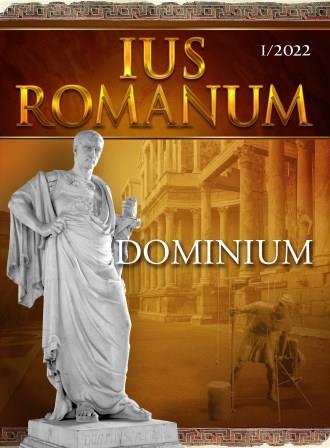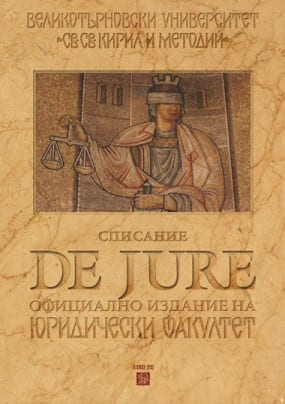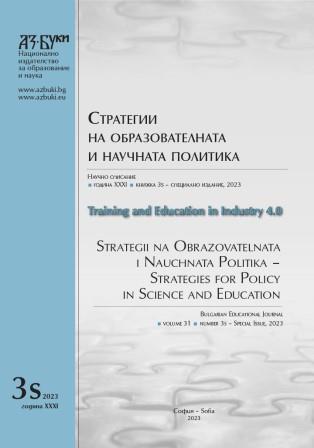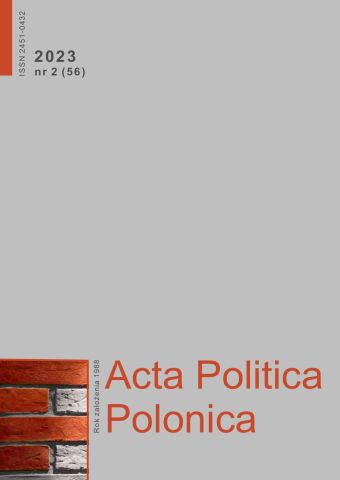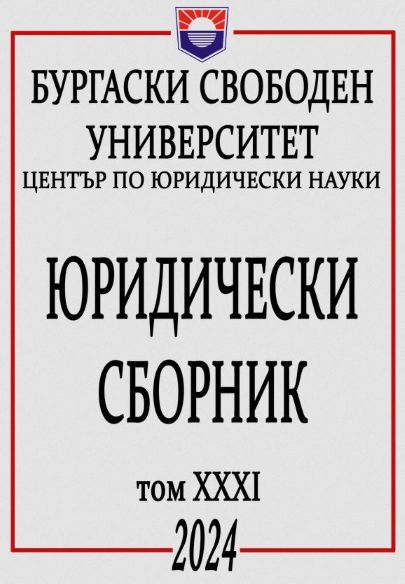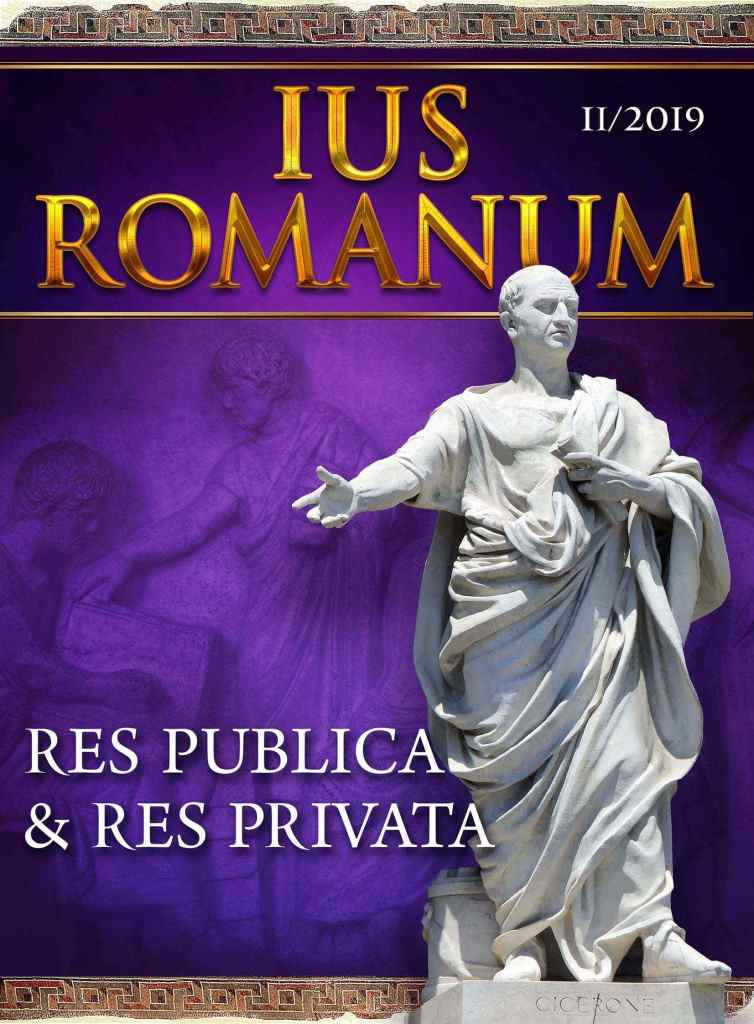
RES PUBLICA - RES PRIVATA ET LEURS TRANSFORMATIONS – L’EXEMPLE DE L’EMPHYTEOSE EN DROIT ROMAIN
In the modern legislation and in the jurisprudence, we don’t find an insurmountable limit between public and private property, which gives the possibility of the various transformations for the public interest compatible with the private interest. During the centuries there are two opposite directions in this sense: expropriation and confiscation of private property and privatization or private use of public goods. The origins of modern practices and institutions in these two sectors are found in Roman law, which establishes the basic principles and presents a vast series of cases and rules that can also be useful for contemporary jurisprudence. From this perspective, the example of Roman emphytosis is presented as a regulation of concessions and agricultural leases adapted to the public interest as well as to the private interest.
More...
